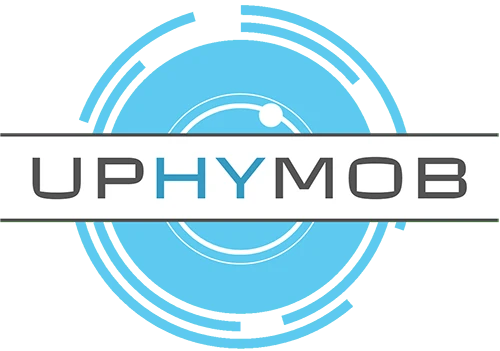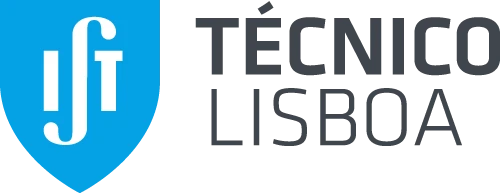As part of the EU’s Green Deal, hydrogen is foreseen to play a big role in the decarbonisation goals prescribed. As the cost for producing “green” hydrogen (i.e. renewable hydrogen from electrolysis) drops, H2 can contribute significantly to the fight against climate change, especially for the mobility sector.
Upskilling of the workforce is of vital importance, as a new set of skills in required for a growing market. To address this need, we develop a training program tailored to cover the needs of the emerging H2 mobility sector.
Objectives:
• Define EU-wide occupational requirements for H2 mobility technicians that reflect the needs in the H2 mobility sector.
• Design and deliver a joint curriculum & educational resources on H2 mobility technicians’ skills, to be embedded into formal & nonformal training provisions.
• Introduce and pilot test contemporary, flexible training delivery methods and open access pedagogical resources, to support selfpaced H2 mobility skills acquisition.
• Pave the way for the recognition, validation, and integration of new skills requirements & qualifications for H2 mobility technicians into relevant schemes.









